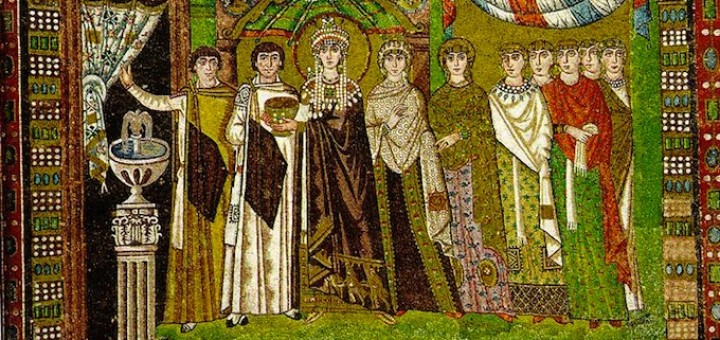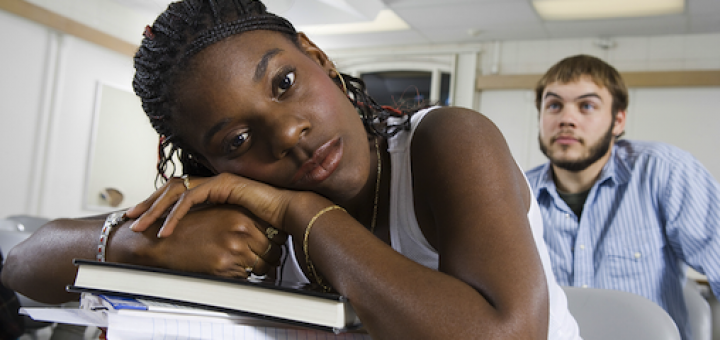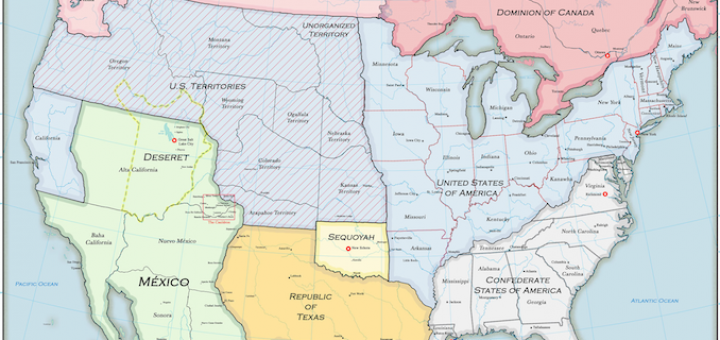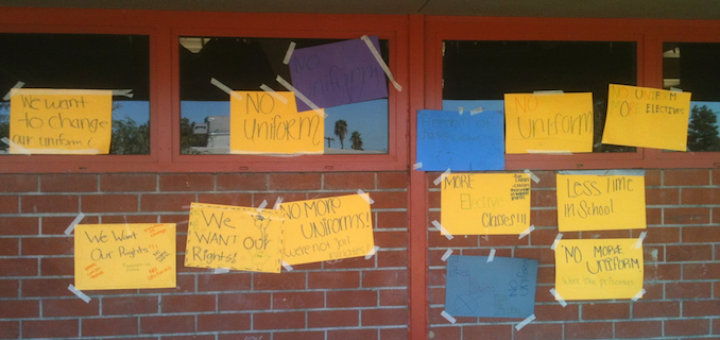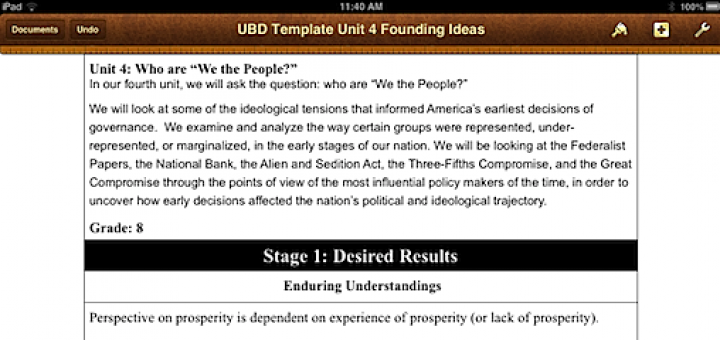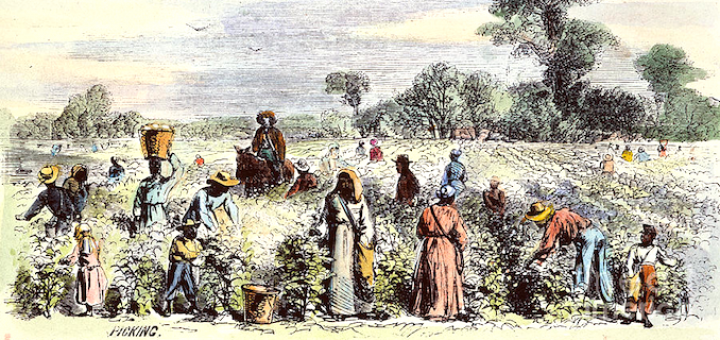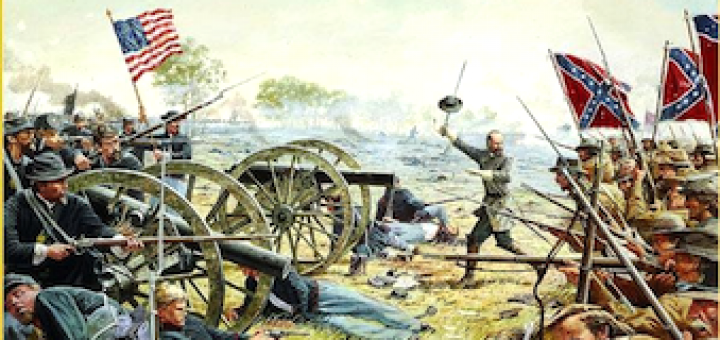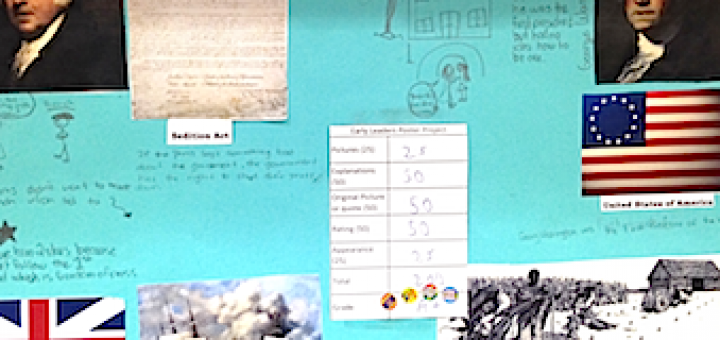Category: Future of History
Middle level students want to know how their studies relate to their lives, writes teacher-author Sarah Cooper. “The history we teach reaches them best when it involves novelty, humor, meaning, a sense of self, and a connection to the real world.”
While inner-city history teacher Aaron Brock agrees that lecture has been chronically abused in the middle grades, he uses short flexible lectures and image-heavy slides to help prepare students for deeper learning in his diverse classroom.
Can speculation about alternate history and “what-if” scenarios help students sharpen their critical thinking skills? Participants in a recent Twitter hashtag chat think so, as MiddleWeb history bloggers Jody Passanisi and Shara Peters report.
There’s no room in an adolescent’s world view for the loftier goals of history study, says Aaron Brock. So when teaching about American rights of assembly and petition, Brock has students write petitions about issues close to their own school lives.
Ever struggle to find a balance between crafting good lessons and staying spontaneous? History teachers Jody and Shara describe their well-honed four step process that begins with backward design and ends with reflections in their purple notebook.
In history class, experiential lessons have great potential to transport students to another time and place, says teacher Aaron Brock, but they are difficult to orchestrate and can present ethical dilemmas. Brock shares a hands-on lesson from his Civil War unit.
Students shouldn’t come away from a role play “having done something memorable and learned nothing valuable,” says history teacher Aaron Brock. “There should always be a core skill or concept guiding the activity.” He offers 2 examples to illustrate.
Most history teachers know the value of collaborative projects, but students often struggle over who does the work. Our bloggers Jody & Shara offer some ideas about turning groups into teams and getting each student to carry a fair share of the load.
Historical accounts are seldom objective, write history teachers Jody Passanisi and Shara Peters. They recommend several strategies from their own classrooms that educators can use to help students detect bias and compare varying perspectives.
State assessments will soon require history students to read texts & make arguments supported by evidence. Aaron Brock believes non-traditional tests, like a recent poster project in his 8th grade inner-city classroom, can help build those skills.

